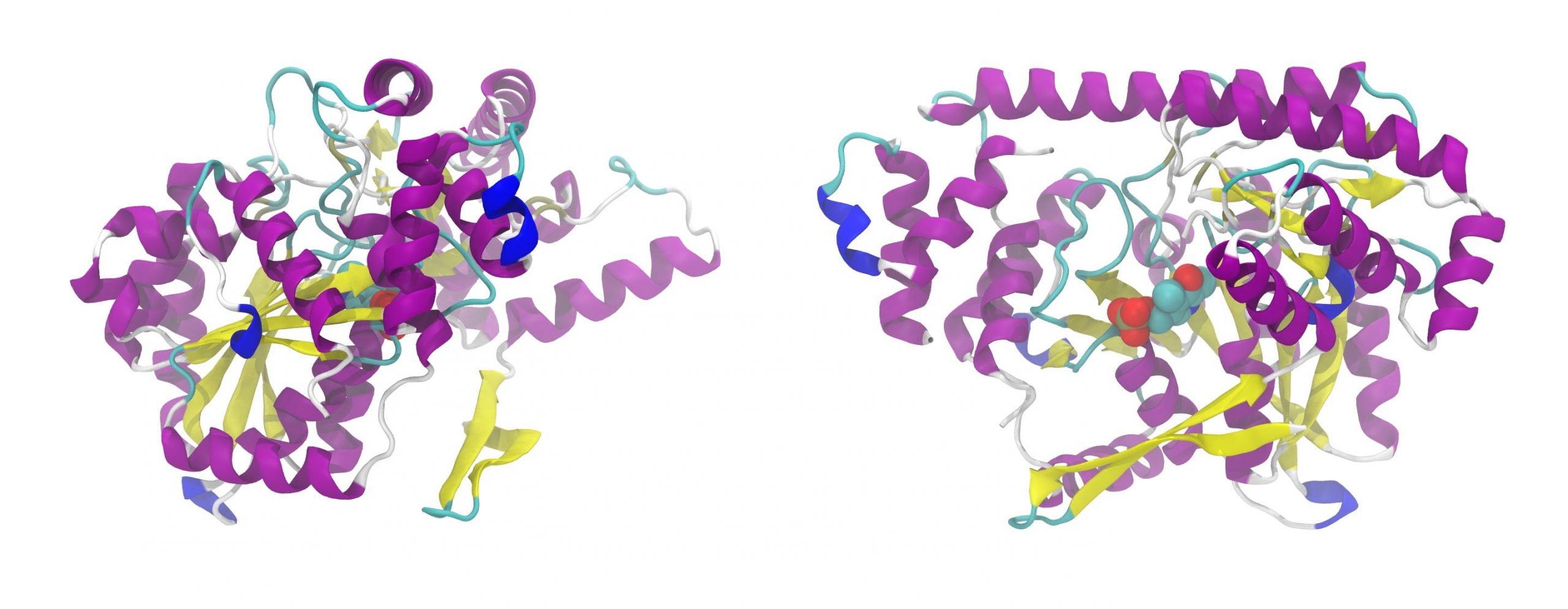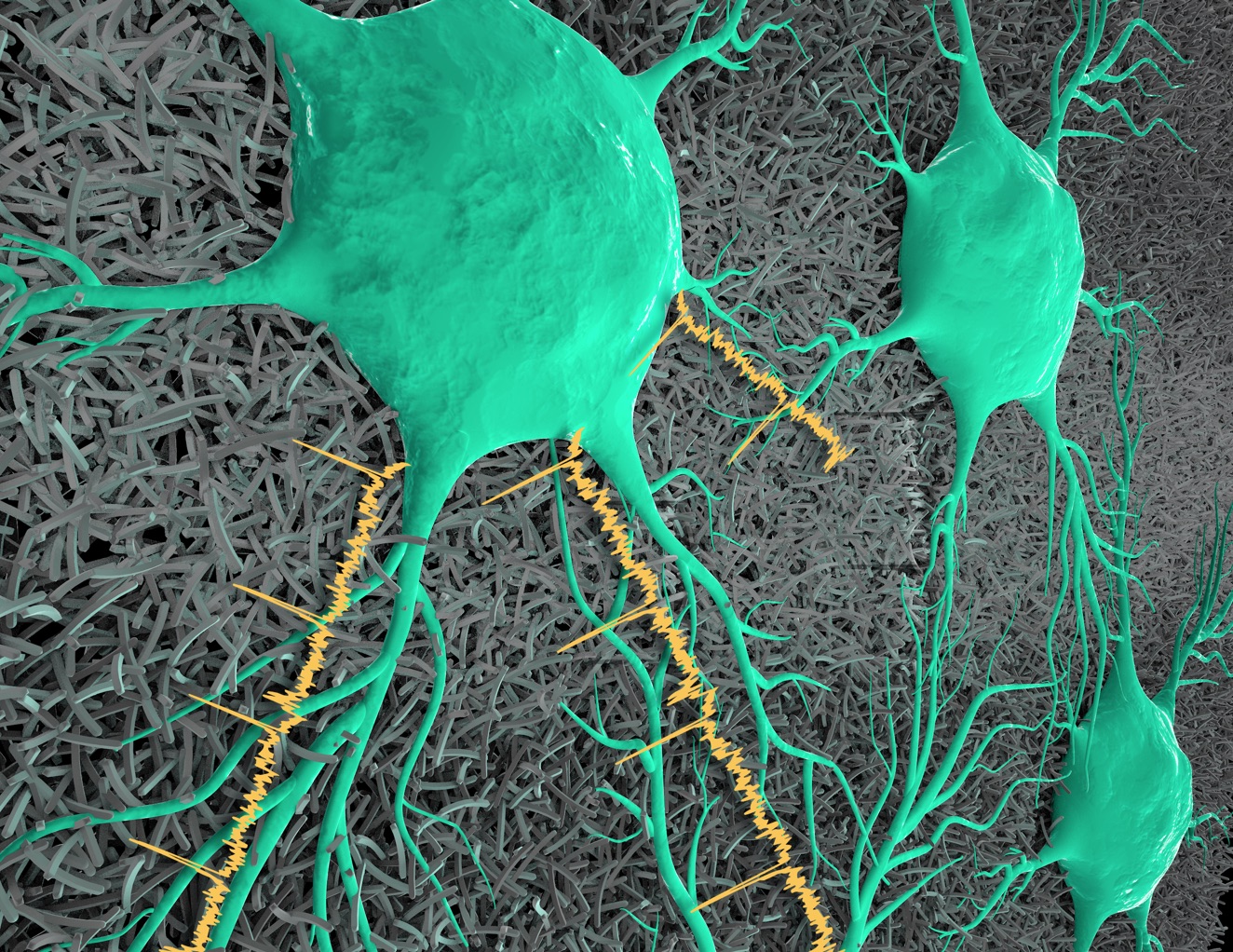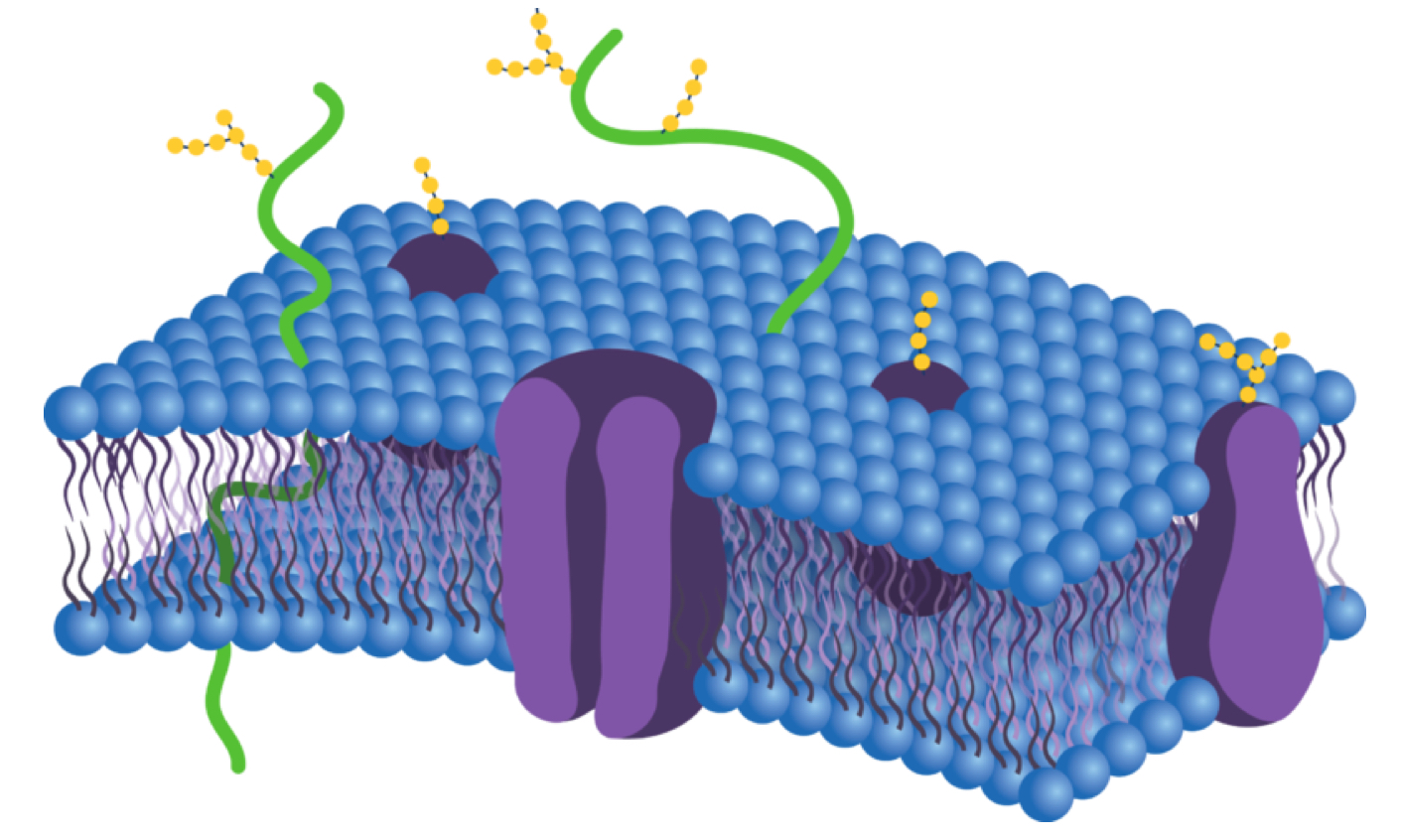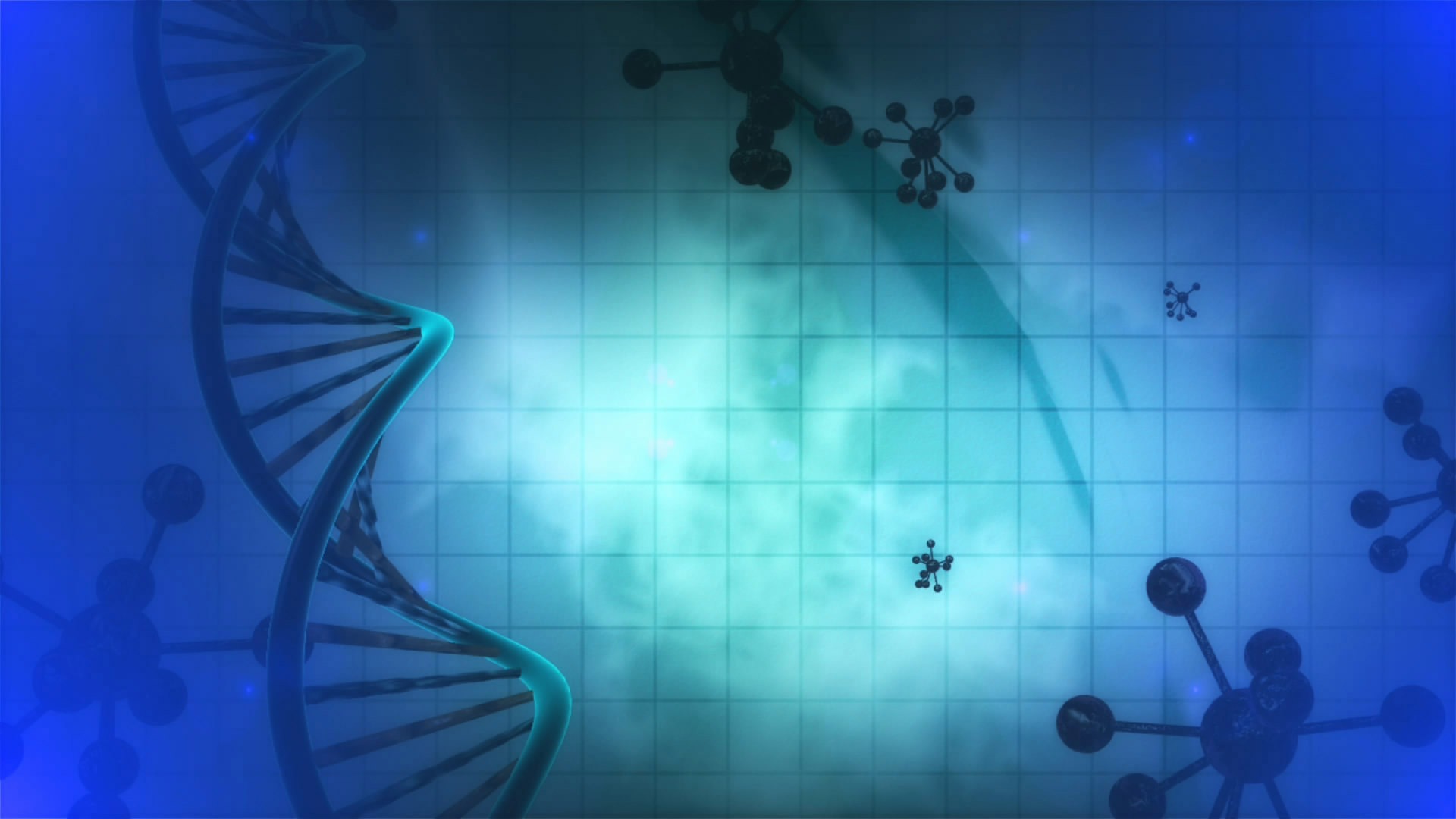We can tailor the chemical, electrical and optical properties of a wide range of materials, allowing their use in many different technological applications to improve our life and protect our environment, to reach selected Sustainable Development Goals (SDGs) of the United Nations (ONU).
Here below some examples of the possible applications of our research:

Drug Design and Delivery
Small molecules and complex molecular conjugates for medical applications, to treat cancer and infectious diseases.

Cell Interfacing
We use chemistry and materials science to study the outer membrane of cells, and interact with such cells.

Stress biomarkers
We study the effects of radiations, drugs, oxidative and nutritional conditions characterizing the extent of damages to DNA

CO2 Exploitation
We combine the catalysis, nanotechnology, flow chemistry, magnetism and aerosol chemistry to overcome limitation related to CO2 conversion

Sustainable Polymers
We recycle waste from food industry to create plastic and cosmetics.

Displays and sensors
We synthesize and study mall molecules able to capture or emit light.

Energy generation and storage
We transform solar light in useful molecules and electricity.

Composite Materials
We combine different materials at the nanoscale to create hierarchical structures with improved properties or new functionalities.

Water purification
We assemble molecules into composite materials, whose nanoscale structure gives improved mechanical and electrical properties, new functionalities.


